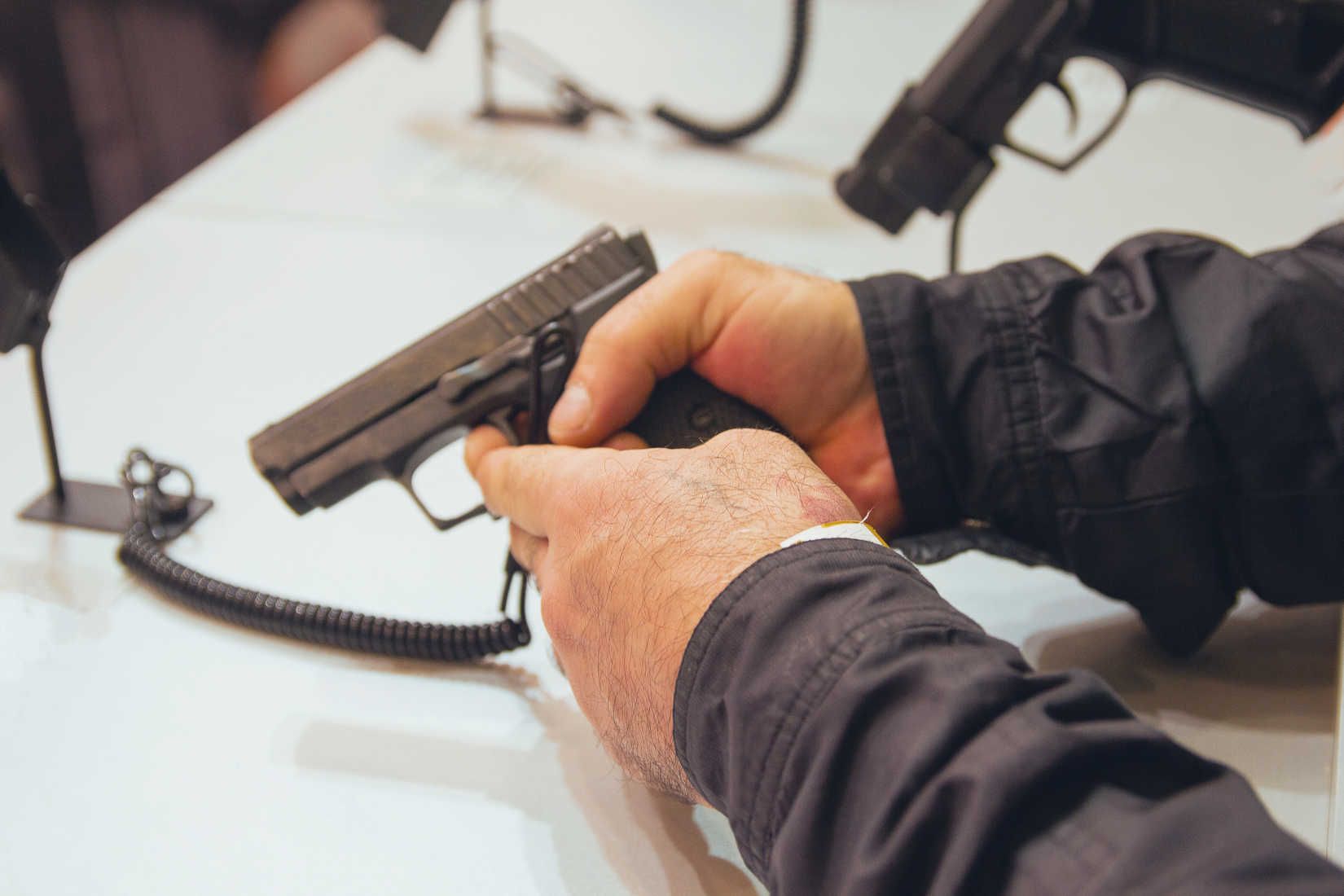By: Peter Suciu
During his White House Rose Garden speech last month, President Joe Biden called for “common sense gun laws” — his way of pushing a gun control agenda. Among the key points Biden made was a plan to revoke the broad immunity he claimed was provided to gun manufacturers.
“Most people don’t realize: the only industry in America, billion-dollar industry, that can’t be sued, exempt from being sued, are gun manufacturers,” Biden said during this speech that addressed gun violence.
Biden’s words, like so many of his comments on gun control measures, ring hollow because they are misleading and often factually wrong. The president even tried to compare the firearms industry to the tobacco industry, suggesting that gun executives lied or mislead users that their products weren’t dangerous.
It was disingenuous hyperbole from Biden, because most gun owners know their products are dangerous if not used properly. Also, the firearms manufacturers don’t claim otherwise.
Yet, Biden called for Congress to overturn the “Protection of Lawful Commerce in Arms Act,” and to provide for the discoverability and admissibility of gun trace information in civil proceedings. Rep. Adam Schiff (D-Calif.) introduced House Resolution 2814 (H.R.2814) to repeal the act on April 22, 2021.
The Protection of Lawful Commerce in Arms Act (PLCAA) was enacted in 2005 during the George W. Bush administration to shield gun manufacturers and dealers from civil litigation. It provided the gun makers and sellers a degree of immunity from being sued for monetary damages by the victims of gun violence and their relatives.
In the years before the passage of the act, victims of shootings had successfully sued gun makers for negligence on the grounds that the makers should have foreseen that their products would be used in a crime or that there were inherent flaws in the design.
“There was an issue where someone tried to make the claim that a firearm was dangerous when a magazine was removed and a round stayed in the chamber, and it was described as a defect,” said Robert A. Sanders, Captain, JAG Corps, U.S. Navy (Retired) and associate professor and chair of the national security department at University of New Haven.
“But it is hard to make that argument, as all firearms that use magazines work that way,” Sanders told GunPowderMagazine. “So how can you call that a defect?”
Bi-Partisan Support
While Biden and others have cast blame at Republicans for the PLCAA, it was actually enacted with broad bi-partisan support. It was introduced into the United Senate as S.398 by Larry Craig (R-Idaho) on February 15, 2006 and passed the Senate on a roll call vote of 65-31 on July 29 of that same year. It passed the House on October 20, 2005, in a vote of 283-144 and was signed in law by President George W. Bush six days later.
Biden, who was at the time one of the 31 senators opposed, has been passionate in his overturning the PLCAA in recent years.
“If I get one thing on my list, Lord came down and said, ‘Joe, you get one of these,’ give me that one,” Biden said. “Because I tell you what, there would be a come-to-the-Lord moment these folks would have, real quickly.”
What is misleading about the law is that it doesn’t exempt gun makers from all lawsuits.
As the National Rifle Association’s Institute for Legislative Action (NRA-ILA) reported, “The PLCAA merely prohibits lawsuits against the gun industry for the criminal misuse of their products by a third party. Suits against the industry for knowingly unlawful sales, negligent entrustment, and those predicated on traditional products liability grounds are still permitted.”
In other words, Biden would like to allow gun makers to be sued if their products are used in a crime – which would be akin to suing an automaker if its car was used by a drunk driver who wrecked or by a driver who crashed during a road rage incident.
Biden isn’t the only one to make the dubious claim that the gun industry is the only business in America that is wholly protected from any kind of liability. During the 2016 presidential election, Hillary Clinton expressed a similar misleading statement, and said, “They (the gun industry) can sell a gun to someone they know they shouldn’t, and they won’t be sued. There will be no consequences.”
Fact check website Politifact rated the statement as false and noted that many other businesses and entities have similar or far greater levels of protection against liability, while as noted, gun makers can be sued.
It isn’t just the manufacturer that can’t be sued, as the seller is also generally not liable either, but that isn’t an absolute.
“The seller has to know there is an issue with the buyer, from reasonable observation that the gun wouldn’t be used for something nefarious,” said Sanders.
“It is similar to the bartender who knowingly gives a driver another drink when it is clear the person shouldn’t be driving,” Sanders told Gunpowder Magazine. “We as a society do hold someone accountable in those situations.”
As it stands now H.R.2814 has been referred to the House Committee on the Judiciary, and given that it has just 33 cosponsors, it is unlikely to get far in the narrowly divided house. Bigger bigger damage could, however, be in the misleading words spoken by the president of the United States.
A lie that is told enough could begin to sound true.
Peter Suciu is a freelance writer based in Michigan. Contact him at [email protected].

